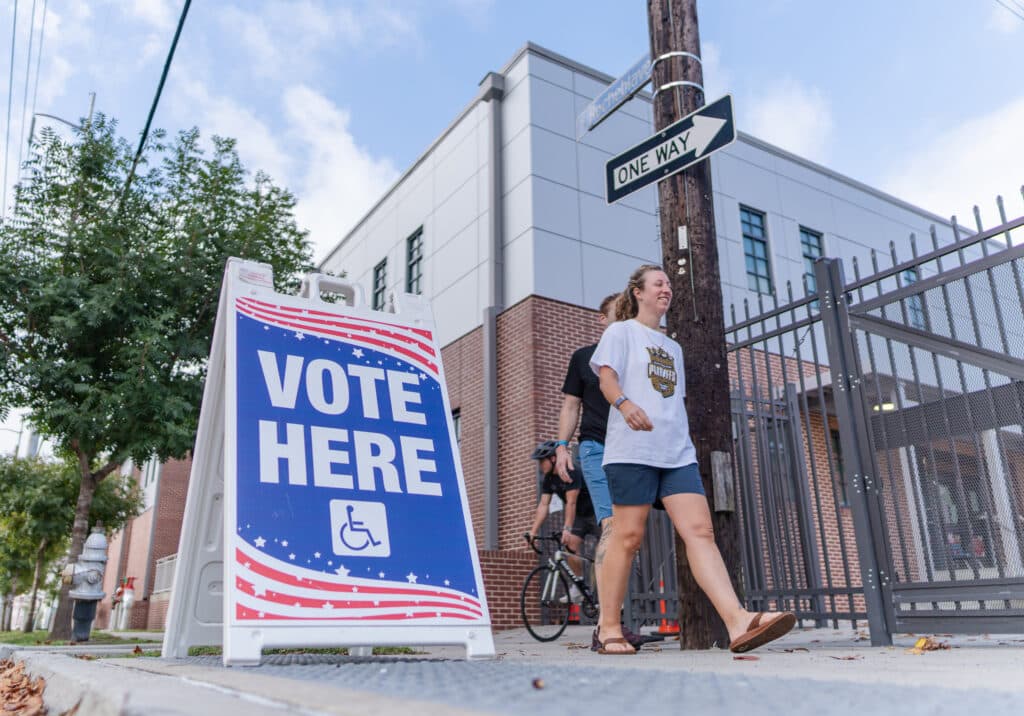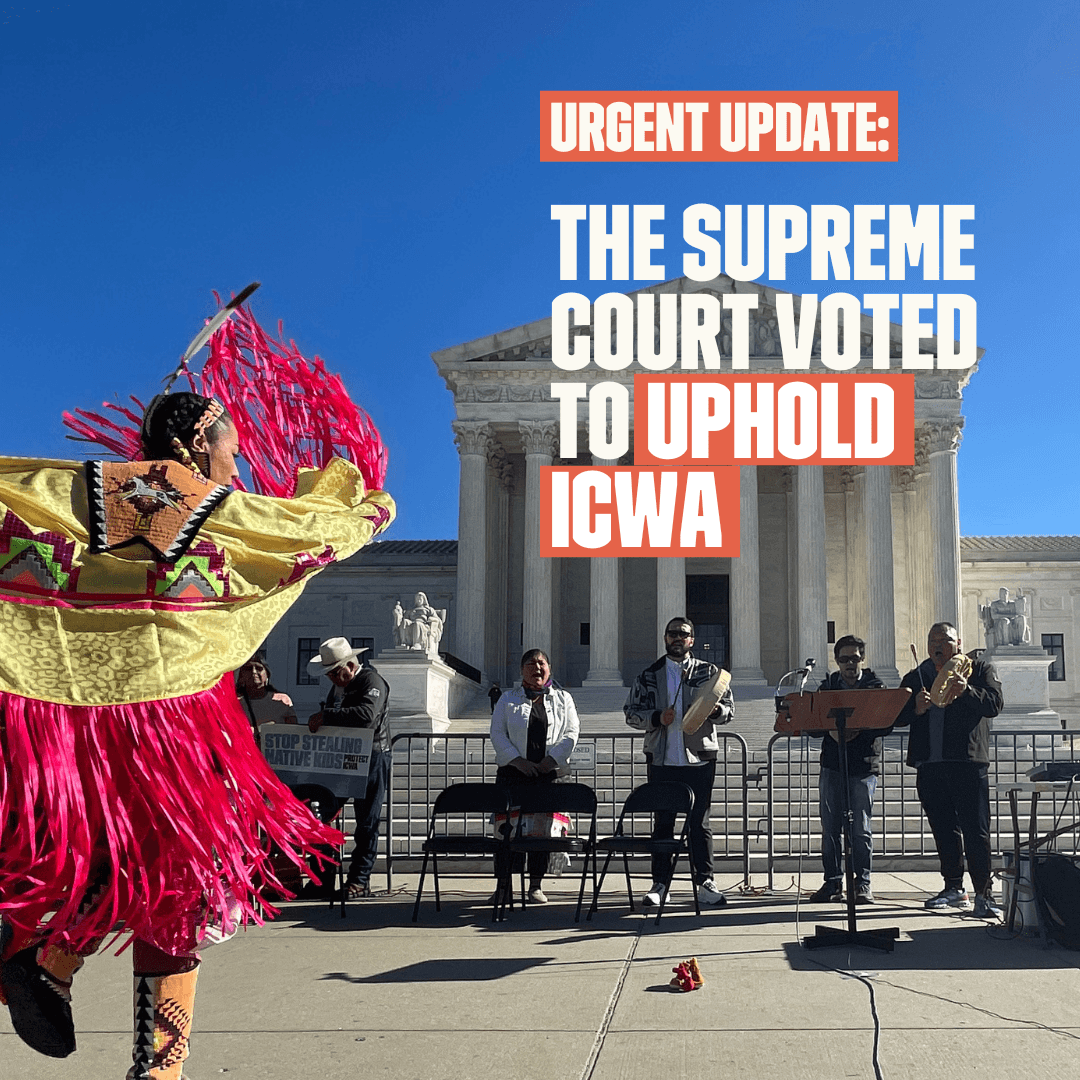Lawsuit Challenges Water District Tax Increase, Seeks Voter Review
A class action filed in Logan County District Court challenges a 2019 decision by the Lower South Platte Water Conservation District that doubled its mill levy without submitting the measure to voters. The case could have direct financial and governance implications for residents across four Eastern Plains counties, including Logan County.

Attorneys with the Public Trust Institute and the National Taxpayers Union Foundation filed a class action in Logan County District Court after a Nov. 11 filing, a development reported by Law Week Colorado on November 19, 2025. The suit challenges a 2019 decision by the Lower South Platte Water Conservation District to raise its mill levy from 0.5 mills to 1 mill without seeking voter approval. Plaintiffs say the increase violated the Taxpayers Bill of Rights and principles of local voter consent.
The complaint contends the district relied improperly on a 1996 referendum that authorized retention of excess revenues, arguing that the referendum did not authorize an across the board levy increase. The 1996 referendum itself contained a provision stating "no local tax rate or property mill levy shall be increased at any time, nor shall any new tax be imposed, without the prior approval of the voters of the [LSPWCD]." According to the suit the district collected the higher levy in 2020 and 2021 and did not acknowledge the error or submit the increase to a public vote.
The lawsuit lists plaintiffs from Logan, Morgan, Sedgwick and Washington counties and names the district and related officials as defendants. Local residents have expressed concern about the lack of voter input on the tax change. One Logan County resident was quoted saying "the tax increase should have been put to voters." The Public Trust Institute framed the litigation as a defense of taxpayer rights and a test of statutory requirements for voter approval.
For Logan County taxpayers the case raises practical questions about tax liability, local oversight and transparency in water district governance. The mill levy change represented a doubling of the district assessment, and the suit alleges collection of that higher rate over multiple years. The outcome could affect how similar districts interpret past referendums and how they implement future revenue decisions.
The case is now before Logan County District Court and will be closely watched by residents across the Eastern Plains. Its resolution will speak to the balance between local district finance practices and the requirement that tax increases receive voter approval.


